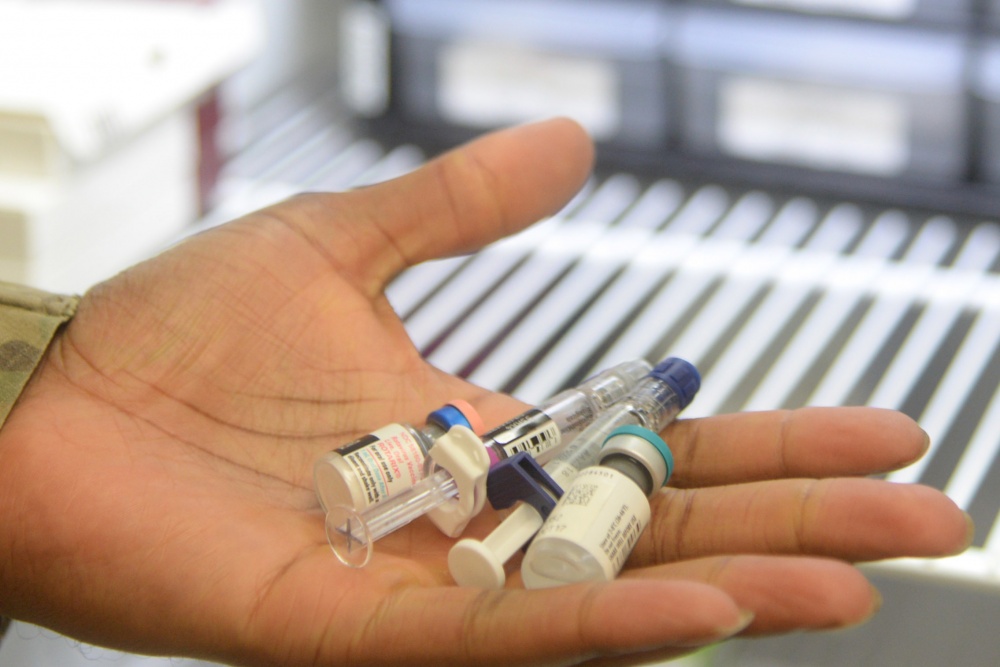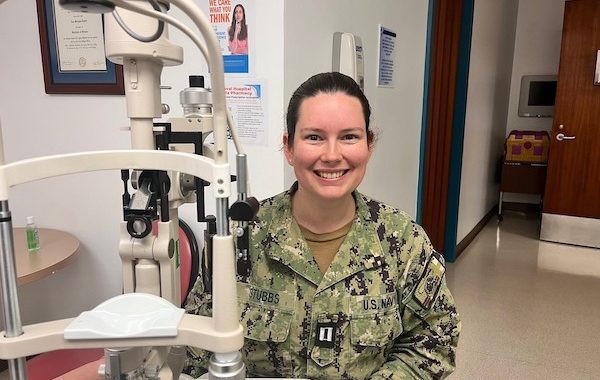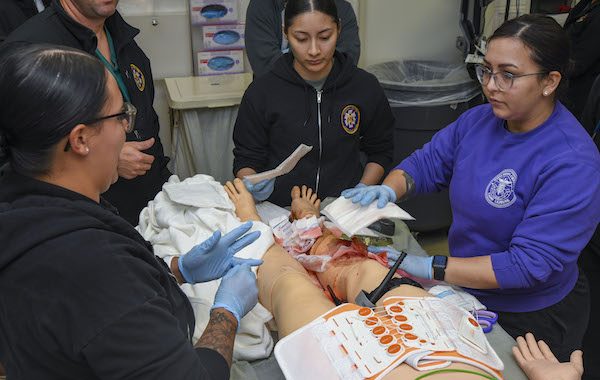National Immunization Awareness Month: Vaccines Aren’t Just For Kids!
3 min read
MALMSTROM AIR FORCE BASE, MT, UNITED STATES
Story by Airman 1st Class Tristan Truesdell
341st Missile Wing Public Affairs
Each month of the year has its own special observances. August has National Immunization Awareness to highlight the importance of vaccinations.
Vaccinations aren’t just for children, though. Adults, and especially expectant mothers, need vaccinations, too.
With school coming around the corner, unit deployments and flu season, the 341st Healthcare Operations Squadron’s immunization clinic is prepared for anything coming their way.
Active Duty and Deploying Airmen
“Active-duty Airmen are required to get mandatory vaccines stated on their Individual Medical Readiness status, which supports their deployability status,” according to Staff Sgt. Owen Wijaya, 341st HCOS immunizations NCO in charge.
Initially, Airmen must contact public health to find out what vaccines are needed in order to deploy.
“With the help of other medical sections, we are able to coordinate with units to ensure our members get their vaccines in a timely manner,” said Tech. Sgt. Stenneth Smith, 341st HCOS flight chief.
In cases where an entire squadron deploys at the same time, unit training managers coordinate with medical sections to schedule mass vaccinations for the Airmen to deploy.
“Our Airmen remain deployment-ready simply by having their protection from the vaccines against the respective illness or disease,” said Smith.
Prenatal Vaccinations
According to the Centers for Disease Control and Prevention, getting vaccinations during pregnancy can help protect the baby after birth by passing on antibodies.
Some illnesses could be serious for pregnant women, as their immune system, heart and lungs experience changes during pregnancy, so vaccinations during pregnancy are vital.
“We’re authorized to give mothers influenza and Tdap (Tetanus Diptheria and Acellular Pertussis) vaccines,” said Smith. “Tdap is given between 27-36 weeks during the pregnancy.
“Pertussis – or whooping cough – is absorbed and transferred to the newborn, which provides protection until the baby’s two-month vaccinations,” he continued.
A CDC study in 2018 showed getting a flu shot reduced pregnant women’s risk of being hospitalized with flu by an average of 40%.
Another CDC evaluation in 2017 found Tdap vaccination during the third trimester of pregnancy prevents more than three in four cases of whooping cough in babies younger than two months old.
Proper vaccinations during pregnancy can provide both the mother and child with the highest protection against diseases, according to the CDC.
Childhood-Adolescent Vaccinations
Vaccines provide immunity before children are exposed to potentially serious, even life-threatening diseases.
With back-to-school season, children are receiving the shots they need to return to school.
“Depending on if they attend public school, the Child Development Center or the Youth Center, children need vaccinations, especially MMR (measles, mumps and rubella) and the Varicella (or chickenpox) to attend school,” said Wijaya.
The most common vaccines are meningococcal conjugate vaccine to protect against meningitis and bloodstream infections, HPV vaccine for protection against cancers caused by HPV, Tdap and the seasonal flu vaccine.
If vaccines are given early, they will not be counted and the individual will receive additional vaccines, according to Smith.
“For example, MMR is first given at 12 months of age,” said Smith. “If the infant is in an area where there is an outbreak, a physician could prescribe the child to get MMR – however the child will still be required to have a documented MMR on or after 12 months and 4 years of age.”
As an adult, vaccinations are just as important as they are at a young age. They even boost the immunity of those with immune disorders or health complications.
“Anyone with immunity disorders, such as asthma or diabetes, are highly suggested to get vaccines to boost their immunity,” said Wijaya. “Of course, consult with your provider beforehand.”
For questions on what immunizations an individual may need, consult a physician or check IMR/ASIMS via the AF Portal.








